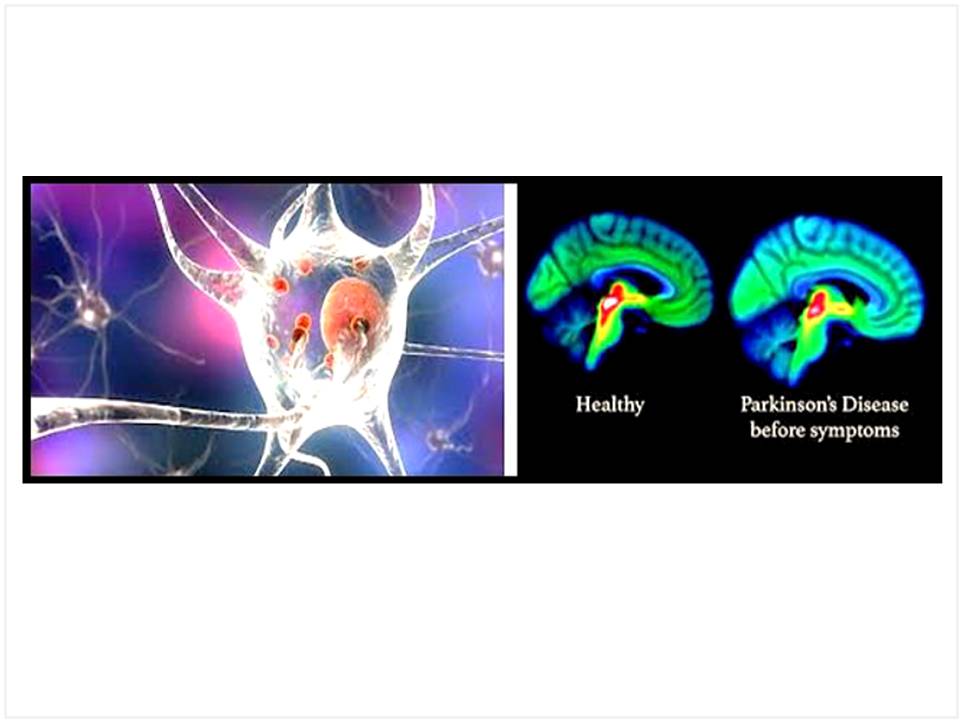Title
Review on Parkinson's Disease (Causes, Symptoms, Diagnosis, Treatment)
Authors
Saher Mahmood Jawd,*a Aryaf Mahmood Sabeab and Nabaa Hameed Chekhyorc
aProfessor, Department of Biology, College of Education for Girls, Iraq.
bAssistant Lecturer, Department of Medical laboratories Technique, Hilla University College, Babylon, Iraq.
cAssistant Lecturer, Department of Medical laboratories Technique, Hilla University College, Babylon, Iraq.
*Corresponding author E-mail address: sahermahmood45@gmail.com (Saher Mahmood Jawd)
Article History
Publication details: Received: 29th September 2021; Revised: 07th October 2021; Accepted: 07th October 2021; Published: 13th October 2021
Cite this article
Jawd S. M.; Sabea A. M.; Chekhyor N. H. Review on Parkinson's Disease (Causes, Symptoms, Diagnosis, Treatment). Green Rep., 2021, 2(6), 12-20.

Abstract
In fact this review about genetically diseases, a number of diseases are transmitted genetically and through genes from parents to children, and some other diseases appear due to immunodeficiency, and some of them appear temporarily or chronically, and perhaps knowing the family history of genetic diseases contributes greatly to facilitating the process of diagnosing genetic diseases, so that the doctor can provide The best treatment for the patient, so that he gets the best outcomes of the treatment process as possible, as there are a good number of common diseases that are genetically transmitted, some of them are simple and easy to treat, and some are serious and threaten the patient's life.[1] 0 seconds of 0 seconds Volume 0% Types of Genetic Diseases Genetic diseases differ among themselves in the way and form in which these genetic disorders are transmitted from parents to children, and the following can be mentioned some types of genetic diseases depending on the ways in which disease genes are transmitted. Parkinson's disease, also known as Parkinson's disease, is a degenerative disorder of the central nervous system that primarily affects the motor system. Symptoms start slowly at the beginning of the disease, the most obvious symptoms are tremor, constriction, lack of movement and distorted gait. Thinking and behaviour problems may also occur. Dementia also becomes common in the advanced stages of the disease. Depression and anxiety are also common symptoms that occur in more than a third of people with Parkinson's disease. Sensory symptoms include sleep disturbance and emotional problems. The main motor symptoms are collectively called "parkinsonism", or "parkinsonism syndrome". The cause of Parkinson's disease is not generally known, but it is believed to involve both genetic and environmental factors. There is also an increased risk in people exposed to certain pesticides and among those who have had head injuries, while there is a lower risk in tobacco smokers and those who drink coffee or tea. The motor symptoms of the disease result from the death of cells in the substantia nigra, an area of the midbrain. This leads to insufficient dopamine in these areas. The reason for cell death is not understood, but it involves the accumulation of proteins in Lewy bodies in neurons. Diagnosis of typical cases is based mainly on symptoms, with tests such as neuroimaging used to rule out other diseases. There is no cure for Parkinson's disease. Initial treatment is usually levodopa antiparkinson medication with a dopamine agonist. As the disease progresses, nerve cells remain lost, so these drugs become less effective. Diet and some forms of rehabilitation have shown some effectiveness in improving symptoms. Neurosurgery to place microelectrodes to stimulate the brain has been used to reduce loco motor symptoms in severe cases when medications are ineffective.
Keywords
Parkinson's disease; hereditary diseases; Neurosurgery